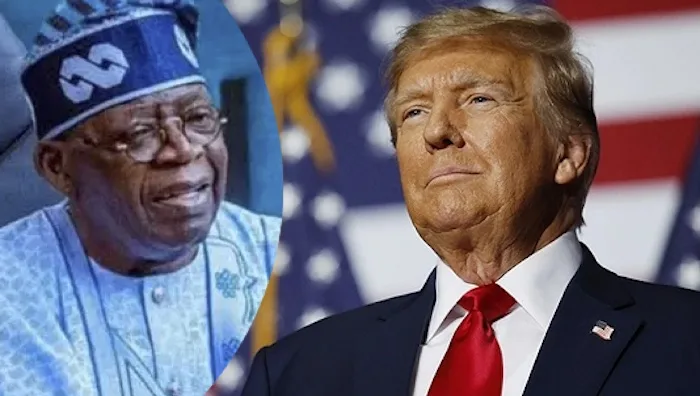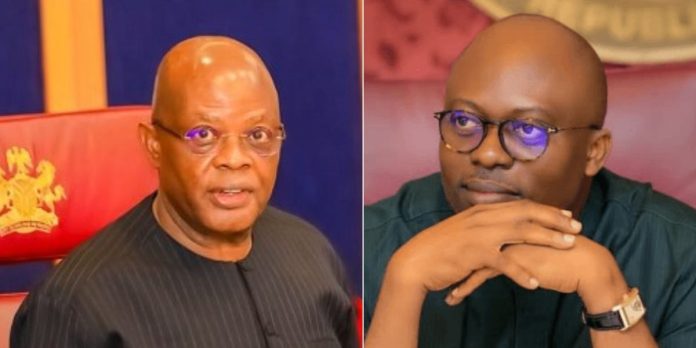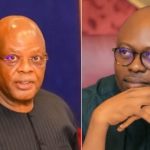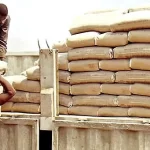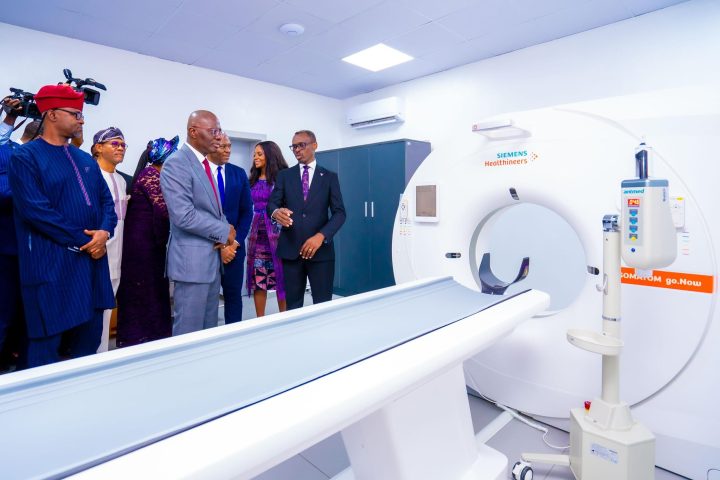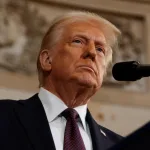President Bola Tinubu has overturned an earlier decision to award a military contract to French defence firms, instead opting for U.S.-manufactured rifles. The move has reshaped Nigeria’s defence procurement strategy and heightened diplomatic tensions with France.
The rifles will be assembled in Nigeria under a joint venture between DICON Gray Insignia (DGI) and the Nigerian Defence Industries Corporation (DICON). This shift marks a major break from the initial agreement backed by Defence Minister Mohammed Badaru Abubakar and Chief of Defence Staff General Christopher Gwabin Musa.
Join our WhatsApp ChannelThe decision follows direct intervention from U.S. President, Donald Trump, signalling Washington’s increasing efforts to counter European and Chinese influence in Africa’s arms industry.
Tinubu Overrules Defence Leadership
The original arms deal was set in motion when Abubakar traveled to Paris in November 2024 as part of President Tinubu’s delegation. The agreement favoured French defence manufacturers and was seen as part of a broader effort to strengthen ties between Nigeria and France.
However, Tinubu made an unexpected reversal, opting instead for a U.S.-led partnership through DGI, a collaboration between DICON and the private Nigerian firm Gray Insignia. Under the new arrangement, rifles will be manufactured in the U.S. before being assembled in Nigeria, supporting the government’s plan to boost local weapons production and reduce dependence on foreign imports.
Sources within Nigeria’s defence and security apparatus, speaking on condition of anonymity, confirmed that Tinubu’s decision was heavily influenced by U.S. diplomatic pressure. Trump, known for his “America First” policy, reportedly used U.S. intelligence agencies to secure the deal, delivering a major victory for American defence firms.
READ ALSO: Tinubu Signs Law Establishing Environmental Technology University In Ogoni Rivers
France Reacts as Tinubu’s Decision Strains Relations
The shift has led to diplomatic tensions between Nigeria and France. French President Emmanuel Macron summoned Tinubu to Paris for discussions before he continued to Addis Ababa for the African Union summit.
Macron’s concern reflects the broader trend of diminishing French influence in West Africa. Countries like Mali, Burkina Faso, and Niger have already distanced themselves from Paris, expelling French troops and cutting ties with France-backed regional blocs. Nigeria’s sudden move to abandon the French arms deal further weakens France’s geopolitical position in the region.
Tinubu’s Strategy for Nigerian Military Growth
Tinubu’s decision aligns with his administration’s broader effort to modernize Nigeria’s defense industry. The country has been expanding local weapons manufacturing to reduce reliance on expensive foreign arms imports.
The Kaduna-based DICON factory already produces Norinco AK-47 rifles and Turkish Barer military uniforms. In a partnership with Turkey’s Barer Holding, DICON-Sur Corporate Wear Nigeria Ltd manufactures over 1.25 million military uniforms each year, employing more than 1,000 Nigerian workers.
With the new contract, DICON aims to increase domestic arms production, supporting Tinubu’s economic and security objectives. The U.S.-Nigeria partnership could transform the country into a regional hub for arms production, enhancing its role in West Africa’s security landscape.
Global Impact of Tinubu’s U.S. Defence Partnership
The Trump-backed arms deal has significant implications for Nigeria and Africa’s defence sector. The U.S. is expanding its military influence on the continent, competing against France, China, and Russia for dominance in the arms industry.
France has long maintained a strong presence in West Africa, and Nigeria’s decision could lead to diplomatic and economic retaliation from Paris. However, the long-term impact of the shift remains uncertain.
For Nigeria, securing reliable military equipment is critical as the country continues to face insurgencies and security threats, particularly in its northern regions. A strong and self-reliant military is a key priority, and Tinubu’s decision to favour U.S. arms signals a willingness to realign Nigeria’s defense partnerships.
Whether this move will provide Nigeria with greater military independence or deepen U.S. involvement in the country’s security affairs is yet to be seen. However, for now, Tinubu’s pivot toward American arms marks a significant turning point in Nigeria’s defence and foreign policy.
Emmanuel Ochayi is a journalist. He is a graduate of the University of Lagos, School of first choice and the nations pride. Emmanuel is keen on exploring writing angles in different areas, including Business, climate change, politics, Education, and others.
- Emmanuel Ochayihttps://www.primebusiness.africa/author/ochayi/
- Emmanuel Ochayihttps://www.primebusiness.africa/author/ochayi/
- Emmanuel Ochayihttps://www.primebusiness.africa/author/ochayi/
- Emmanuel Ochayihttps://www.primebusiness.africa/author/ochayi/

